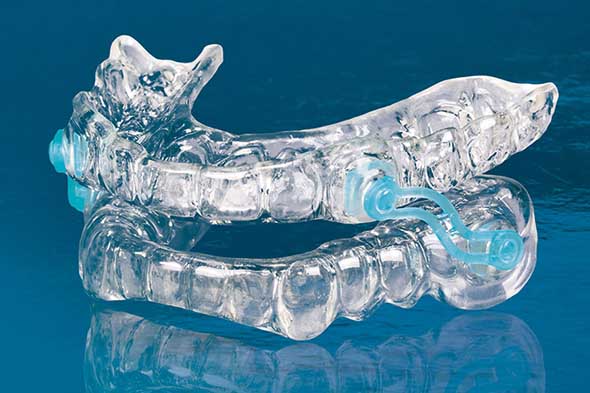Obstructive sleep apnoea may lead to heart disease or increased blood pressure, stroke or heart attack.
Symptoms & Causes of Sleep Apnoea
Symptoms
- Daytime sleepiness, fatigue and tiredness.
- Poor concentration.
- Irritability and mood changes.
- Impotence and reduced sex drive.
- Necessity to get up to toilet frequently at night.
Causes
- Obesity.
- Alcohol, especially in the evening. This relaxes the throat muscles and hampers the brain’s reaction to sleep disordered breathing.
- Certain illnesses e.g. Hypothyroidism.
- Large tonsils, especially in children.
- Medications, such as sleeping tablets and sedatives.
- Nasal congestion and obstruction.
- Facial and jaw bone shape, and the size of muscles.
Treatment of Sleep Apnoea
Lifestyle changes. Including weight loss and alcohol reduction.
Any contributing medical condition, such as low thyroid should be treated.
Any surgical conditions such as large tonsils (adenoids) should be corrected.
A ‘nasal continuous positive airway pressure’ (CPAP) is the most effective treatment and involves a mask worn at night that keeps the back of the throat open by forcing air through the nose. However, some people find this difficult to tolerate.
At GP Dental, we make a special mouth guard (called a mandibular advancement splint). It works by holding the jaw slightly forward during sleep and can be effective for mild to moderate sleep apnoea.

